How-to-Write-a-Better-Thesis
You also want an ePaper? Increase the reach of your titles
YUMPU automatically turns print PDFs into web optimized ePapers that Google loves.
Verb Tenses <br />
29<br />
age her, as I thought it came up well. But one of her examiners didn’t like it, and<br />
grumbled at her use of the ‘royal’ plural. Perhaps he didn’t like being pushed in<strong>to</strong><br />
agreeing with what Rima was saying. Perhaps the use of the first person just bothered<br />
him. Fortunately, he was not the kind of examiner <strong>to</strong> let personal prejudices get<br />
in the way of a fair appraisal, and he passed the thesis. Such cases are increasingly<br />
uncommon—of around thirty-five theses supervised by the authors of this book in<br />
the last decade, all used ‘we’ and not one has been criticized for it—but do consider<br />
the views of your supervisor.<br />
There are some situations where it is just plain silly <strong>to</strong> stick <strong>to</strong> the third person.<br />
Examples are given below from theses in the social sciences that were dutifully<br />
written in the third person, except for the situations listed. They passed.<br />
When you are recounting personal experiences:<br />
I arrived in Sri Lanka in the first week of January 1991. By the end of the third week I had<br />
dispensed with the research plan I had brought with me. Seven days of being in Sri Lanka<br />
taught me more about the practical circumstances of research there than the 7 months of<br />
reading had previously.<br />
When you are stating personal opinions:<br />
I would like <strong>to</strong> stress, however, that I am convinced that what has been written about the<br />
Grameen Bank reflects reality in the field.<br />
When you are explaining the choices you made in research procedure:<br />
I am not a native Bicolano so, though I understand the Bicol dialect, I cannot speak it<br />
fluently, and people laugh at my funny accent. Though the average village person can<br />
understand Tagalog (my own dialect, spoken by the people in Manila), the old and poorest<br />
cannot. Moreover, because of lack of use, I had forgotten most of the Bicol terminologies.<br />
Thus the Research Assistant was my interpreter. [Try putting this in<strong>to</strong> the third person!]<br />
<strong>How</strong>ever, there are cases where the first person is inappropriate—you should not<br />
imply, for example, that someone else’s experiences are you own. For example, if<br />
your thesis includes material drawn from a co-authored paper and someone else, say<br />
Smith, did the fieldwork, the uses of ‘we observed’ in that paper should be changed<br />
<strong>to</strong> ‘Smith observed’. And, sometimes, overuse of the first person can blur the line between<br />
the observer and the cause of the events being observed—for example, don’t<br />
imply that you are responsible for the laws of physics that led <strong>to</strong> a chemical reaction!<br />
For a definitive perspective, go <strong>to</strong> the <strong>to</strong>p five journals in your field and determine<br />
what style is used. Look, <strong>to</strong>o, at the use of voice <strong>to</strong> see if it is first person<br />
singular, active (‘I investigate’) or perhaps third person passive (‘the event was<br />
investigated’). If your work is cross-disciplinary, settle on a single style so that your<br />
work is consistent.<br />
Verb Tenses<br />
Some non-English languages don’t use tenses, but rely on the context <strong>to</strong> indicate<br />
whether something happened in the past, is happening now, or may happen in the<br />
future. In English we have such a rich collection of tenses that we often get them


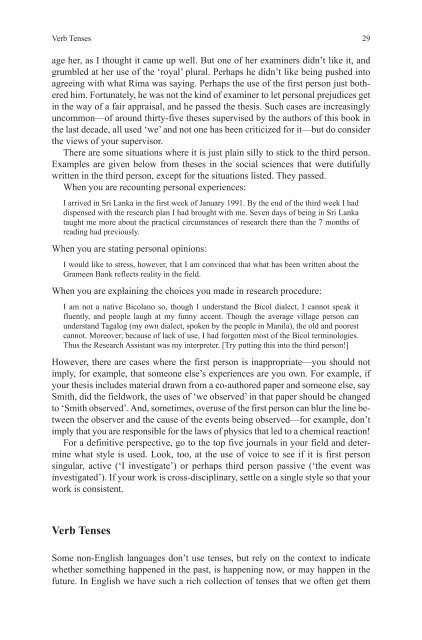

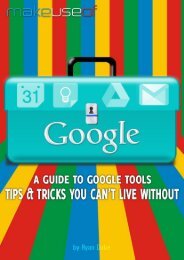

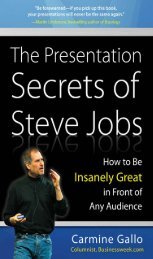
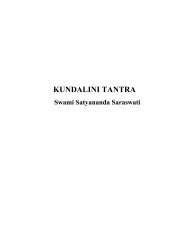
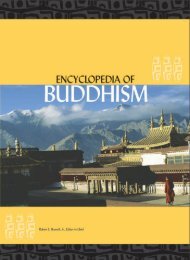
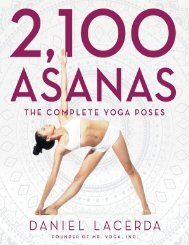




![[Lonely Planet] Sri Lanka](https://img.yumpu.com/59845622/1/169x260/lonely-planet-sri-lanka.jpg?quality=85)


